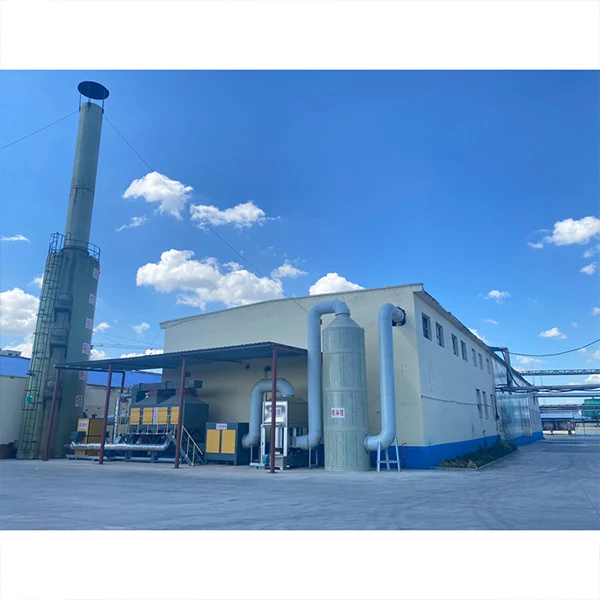The Importance of Redispersible Powder (RDP) in Tile Adhesive Mortar
Tile adhesive mortar has become a fundamental component in the construction and renovation industries, providing the necessary bonding strength to keep tiles firmly in place. An essential ingredient in the formulation of tile adhesive mortar is Redispersible Powder (RDP), which significantly enhances the performance and durability of the mortar. In this article, we explore the role of RDP in tile adhesive mortars and its benefits to construction practices.
Understanding Redispersible Powder (RDP)
Redispersible Powder is a fine, white, free-flowing powder that is produced by spray-drying aqueous polymer dispersions. It is designed to re-disperse in water, forming a stable dispersion that can enhance the properties of cement-based formulations, such as tile adhesives. Commonly, RDP is derived from polymers like vinyl acetate, ethylene, and styrene, which contribute to its adhesive characteristics.
Key Benefits of RDP in Tile Adhesive Mortar
1. Improved Adhesion One of the primary advantages of incorporating RDP into tile adhesive mortar is the improvement in adhesion properties. The polymer particles in RDP create a strong bond between the tile and the substrate, ensuring that tiles remain securely in place, even under challenging environmental conditions.
2. Enhanced Flexibility Tile adhesive mortars containing RDP exhibit excellent flexibility compared to traditional cement-based products. This flexibility is crucial in accommodating movements in the substrate caused by temperature changes, moisture variations, and structural shifts. It helps prevent cracking and ensures a longer service life for the tiled surface.
tile adhesive mortar redispersible powder rdp

3. Reduced Water Absorption RDP helps to reduce water permeability in tile adhesive mortars. This characteristic is particularly beneficial in installations exposed to moisture, such as bathrooms and kitchens. By minimizing water absorption, RDP enhances the durability of the mortar, protecting it against detrimental effects such as mold growth and efflorescence.
4. Workability and Open Time The addition of RDP improves the workability of tile adhesive mortars, making them easier to spread and manipulate during installation. This property is essential for professionals who need to align tiles accurately. Furthermore, RDP extends the open time of the mortar, allowing more flexibility during the installation process, enabling workers to adjust tiles without the adhesive setting too quickly.
5. Resistance to Shrinkage and Cracking RDP contributes to reducing shrinkage, which can lead to cracking in tile adhesive mortar. By minimizing these issues, RDP enhances the overall stability of the installation, ensuring long-term performance.
Applications in the Industry
The versatility of RDP makes it suitable for various applications beyond just tile adhesive mortars, including wall putties, grouts, and other construction materials. As the demand for high-performance construction materials increases, RDP has become an indispensable additive for manufacturers looking to improve the quality and longevity of their products.
Conclusion
The incorporation of Redispersible Powder in tile adhesive mortars is a game-changer for the construction industry. Its multiple benefits, including enhanced adhesion, flexibility, reduced water absorption, improved workability, and resistance to shrinkage, make it an essential additive for modern tile installations. As construction techniques advance and demands for quality increase, RDP will undoubtedly continue to play a critical role in ensuring robust and durable tile applications. For both professionals and DIY enthusiasts, understanding the importance of RDP can lead to better choices and superior results in tile installation projects.
-
Rdp Powder: Key Considerations for Wholesalers in the Building Materials IndustryNewsJul.08,2025
-
Key Considerations for Wholesalers: Navigating the World of Hpmc - Based ProductsNewsJul.08,2025
-
Hpmc Detergent: Key Considerations for WholesalersNewsJul.08,2025
-
Key Considerations for Wholesalers: China Hpmc For Tile Adhesive, Coating Additives, Concrete Additives, and MoreNewsJul.08,2025
-
Crucial Considerations for Wholesalers: Navigating the World of Construction MaterialsNewsJul.08,2025
-
Key Considerations for Wholesalers Sourcing Additive For Cement, Additive For Concrete, Additive For Putty from Additive Manufacturer Shijiazhuang Gaocheng District Yongfeng Cellulose Co., Ltd.NewsJul.08,2025




